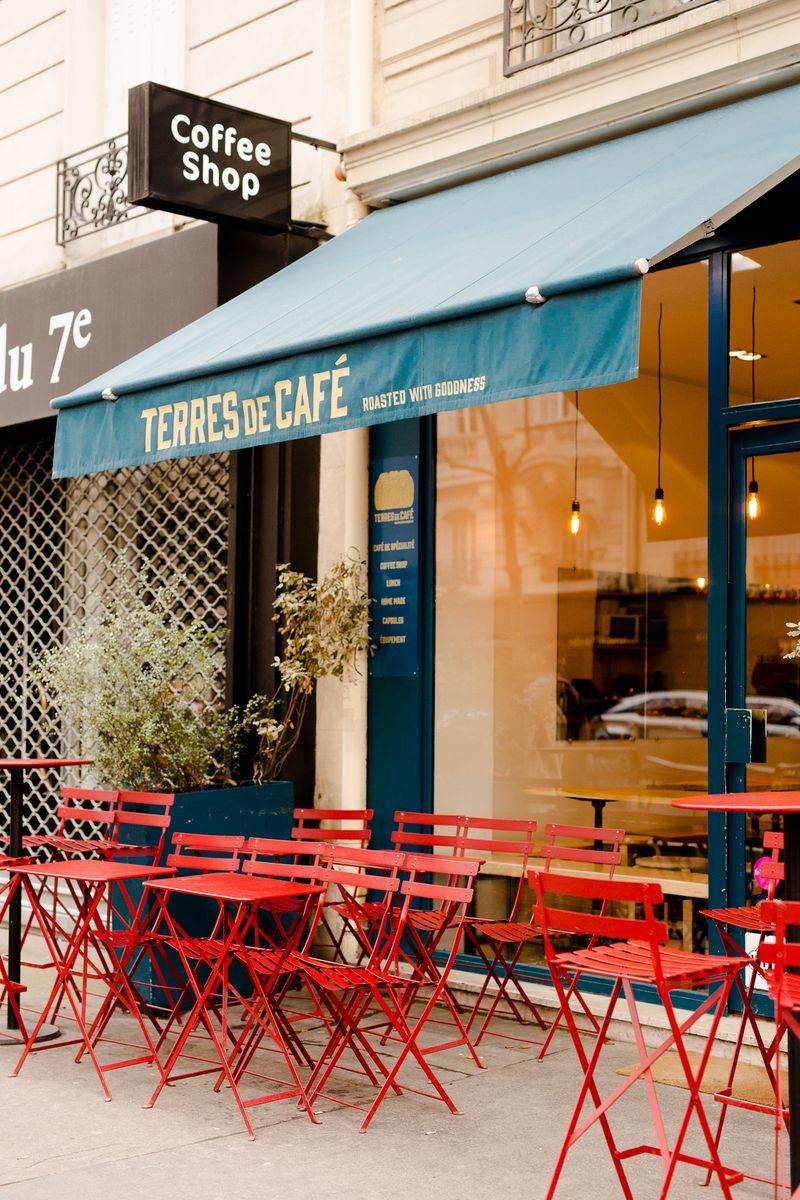The English language, a vibrant tapestry woven from various linguistic threads, is rich in words borrowed or adapted from other cultures. This blend of lexicons enriches our vocabulary, offering unique nuances and histories. Here, we explore ten fascinating English words with origins in foreign languages.
1. Karaoke

Karaoke, a term synonymous with fun nights and music, finds its roots in Japan. The word itself combines “kara,” meaning empty, and “oke,” short for orchestra, reflecting the concept of singing along to an instrumental track. Imagine a lively night out in Tokyo, where friends gather to belt out familiar tunes in cozy booths, a tradition that has taken the world by storm. Not just a pastime, karaoke has become a cultural phenomenon that bridges gaps and unites people through shared melodies. This global entertainment staple reminds us of the joy of music and community.
2. Café

The word café transports us straight to Paris, where sipping espresso at a sidewalk table is an art form. Originating from the French word for coffee, it extends beyond just a drink to embody a cultural experience. Picture the bustling streets of Paris, where cafés line the boulevards, offering a perfect view of daily life. These establishments are more than eateries; they are social hubs where conversations flow as freely as the coffee. With roots in French culture, cafés symbolize relaxation, camaraderie, and the simple pleasure of a well-brewed cup.
3. Tsunami

The term tsunami, originating from the Japanese words “tsu” (harbor) and “nami” (wave), describes a powerful natural phenomenon. It’s a reminder of nature’s awe-inspiring force, often featuring in stories of resilience and recovery. Visualize a massive wave towering over the coastline, a scene both terrifying and captivating. Tsunamis are not only destructive but also a testament to human adaptability as communities build back stronger after such events. This word, while rooted in tragedy, also evokes a sense of respect for the planet’s dynamic systems and the stories of survival they inspire.
4. Kindergarten

Kindergarten, a word borrowed from German, translates to “children’s garden.” It reflects the nurturing environment designed to foster early childhood development. Imagine a vibrant classroom filled with laughter, where young minds explore and friendships bloom. This educational concept, pioneered in Germany, emphasizes the importance of play and creativity in learning. In kindergartens worldwide, children embark on their educational journey, developing essential social and cognitive skills. The word itself, like its environment, suggests a place of growth, warmth, and foundational learning, making it a cherished term in education.
5. Entrepreneur

Entrepreneur, derived from the French word for “one who undertakes,” captures the spirit of innovation and risk-taking. Picture a bustling startup office, where ideas are as valuable as currency and ambition fuels every project. This term, with its French roots, has become synonymous with the modern business landscape, representing those who drive change and seek new opportunities. Entrepreneurs are the visionaries who turn challenges into ventures, embodying creativity and determination. The word itself inspires action, symbolizing the courage to forge new paths in the business world.
6. Yoga

Yoga, a practice deeply rooted in ancient Indian traditions, has found a global audience for its physical and spiritual benefits. The word yoga derives from Sanskrit, meaning union or yoke, reflecting the holistic aim of connecting body, mind, and spirit. Picture a peaceful sunrise yoga session, where practitioners of all ages seek balance and inner peace through mindful movements. From bustling urban centers to tranquil retreats, yoga offers a respite from daily stress, promoting wellness and harmony. Its journey from sacred texts to modern studios highlights a universal quest for health and tranquility.
7. Boulevard

Boulevard, with its origins in French, conjures images of grand, tree-lined streets that invite leisurely walks. Imagine an elegant boulevard in a European city, where the air is filled with the aroma of blooming flowers and the sound of footsteps on cobblestones. This word, borrowed from French, denotes more than just a road; it represents a space of elegance and leisurely enjoyment. Boulevards provide a scenic backdrop for life’s moments, offering both a physical and symbolic path for journeys of all kinds. They remind us of the beauty found in everyday travels.
8. Safari

The word safari, originating from the Swahili language, translates to journey or expedition. It evokes images of adventure in the vast African savannah, where the wild meets the horizon. Picture a thrilling safari ride, where the landscape teems with majestic wildlife and the sense of exploration is palpable. This term, adopted into English, captures the essence of travel with purpose and discovery. Safaris are not just about observing animals; they are about connecting with nature and experiencing the untamed beauty of the wild. The word itself invites wanderlust and a yearning for adventure.
9. Mosquito

Mosquito, a word that comes from Spanish, literally means “little fly.” Despite its small size, this insect has a significant impact worldwide due to its role in transmitting diseases. Visualize a tropical rainforest, where mosquitoes buzz through the humid air, their presence both a marvel and a menace. This Spanish term has been adopted globally, highlighting the mosquito’s inescapable presence in many ecosystems. While often associated with irritation, mosquitoes also remind us of nature’s complexity and the importance of biodiversity. Their existence prompts discussions on health, ecology, and coexistence.
10. Ballet

Ballet, a term of Italian origin, signifies grace and discipline in the world of dance. Picture a dimly lit theater, where dancers glide effortlessly across the stage, their movements a testament to years of training and artistry. This Italian word has become synonymous with a dance form celebrated for its technical precision and emotional expression. Ballet performances captivate audiences, offering a visual symphony of movement that tells stories without words. The term ballet embodies the blend of strength, elegance, and dedication, making it a cherished art form around the globe.

